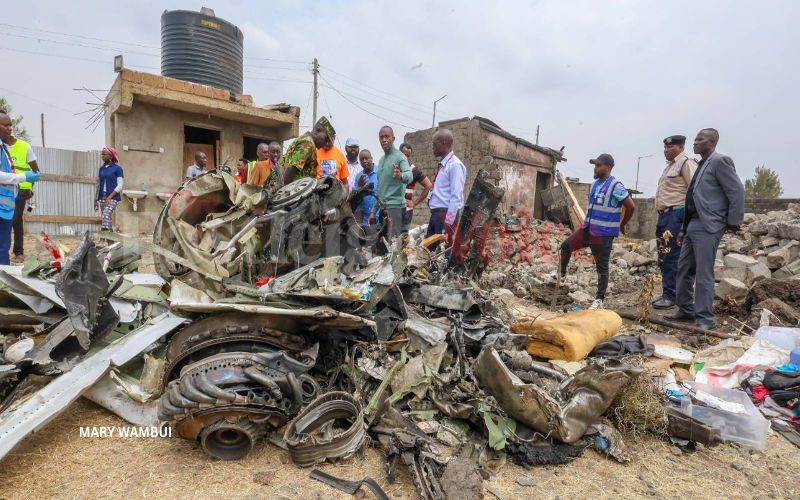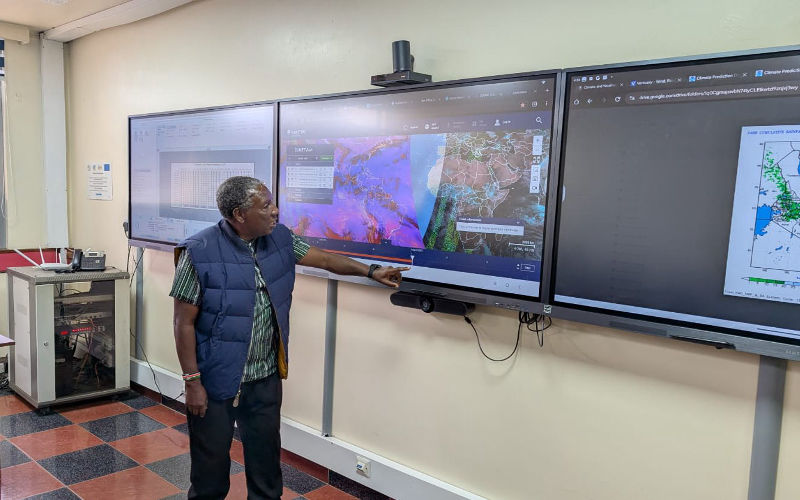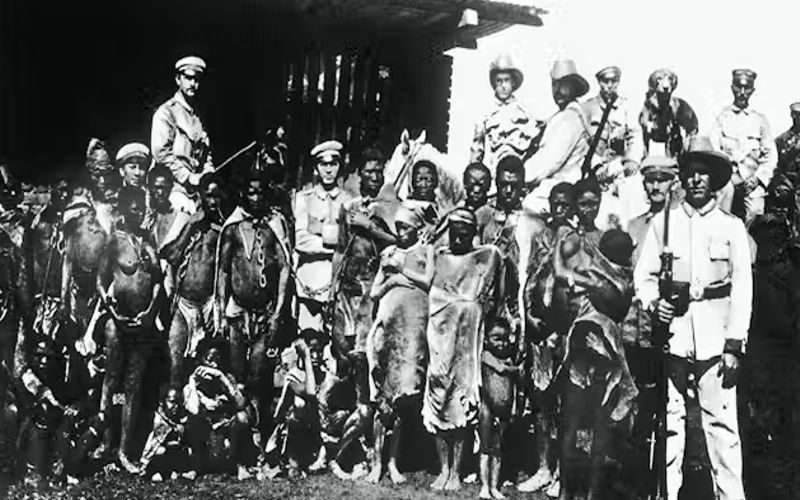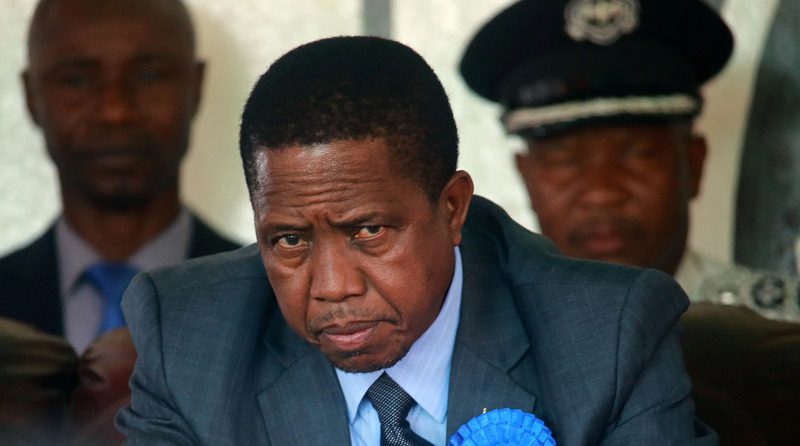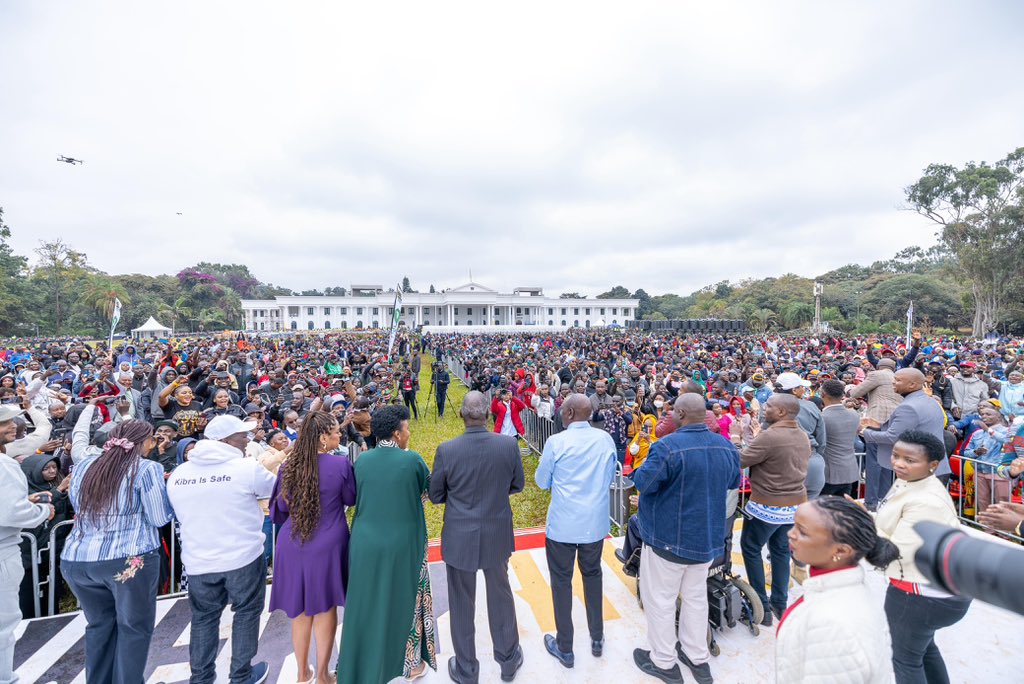Jim Lovell, Apollo 13 commander who saved crew, dies at 97
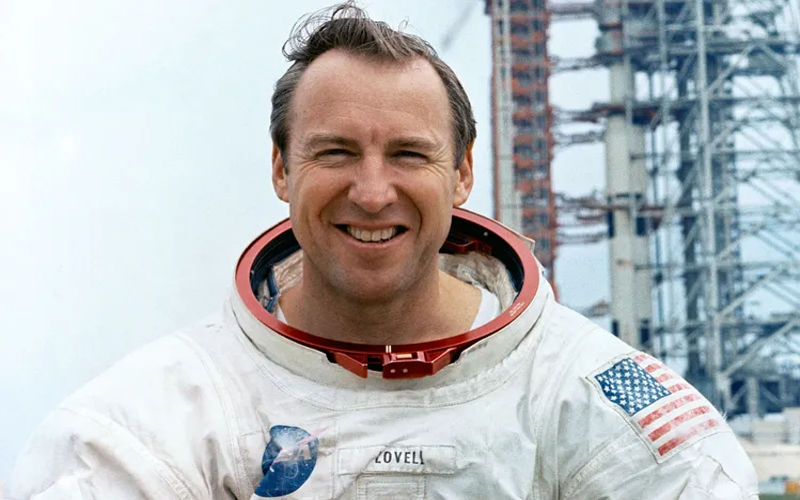
Lovell flew on several important space missions, including Gemini 7, where he and his colleague tested if humans could survive two weeks in space, and Gemini 12, where they demonstrated that astronauts could work outside their spacecraft.
Jim Lovell, the astronaut who skillfully guided the Apollo 13 mission back to earth after a life-threatening explosion in space, has died at the age of 97.
Known for turning a near disaster into a triumph, Lovell became a symbol of calm and courage during one of NASA’s most dangerous missions.
More To Read
His role in saving the lives of his crew and safely returning them from hundreds of thousands of miles away earned him a place in the history of space exploration.
NASA praised Lovell for helping the US space program achieve historic milestones, and his family remembered him as a man of unshakable optimism and humour who inspired those around him.
“We will miss his unshakeable optimism, his sense of humour, and the way he made each of us feel we could do the impossible. He was truly one of a kind,” the family said.
Born in 1928, Lovell’s fascination with flight and rockets began as a teenager when he built a homemade rocket in Wisconsin.
His early passion led him to join the US Navy, where he trained as a fighter pilot before pursuing his dream of becoming an astronaut.
In 1962, Lovell was selected as part of NASA’s elite “New Nine,” the group tasked with fulfilling President Kennedy’s goal of landing a man on the Moon.
Lovell flew on several important space missions, including Gemini 7, where he and his colleague tested if humans could survive two weeks in space, and Gemini 12, where they demonstrated that astronauts could work outside their spacecraft.
He was also part of Apollo 8, the first mission to orbit the Moon, where he witnessed and shared the now-famous sight of Earth rising over the Moon’s horizon.
The most dramatic moment of Lovell’s career came during Apollo 13 in April 1970. When an oxygen tank exploded on the way to the Moon, Lovell and his crew faced freezing temperatures, rationed supplies, and the risk of never returning home.
He famously relayed the message to mission control, “Houston, we've had a problem,” which marked the start of a tense rescue effort watched by millions around the world.
Using the lunar module as a lifeboat, Lovell led his team through a perilous journey back to Earth.
After retiring from the Navy in 1973, Lovell lived a quieter life, working in the private sector and sharing his experiences through speeches and writing.
His memoir Lost Moon: The Perilous Voyage of Apollo 13 was adapted into a popular 1995 film starring Tom Hanks.
Despite his legendary space career, Lovell remained humble about his achievements.
When asked to appear in the movie dressed as an admiral, he chose to wear his actual rank of captain, saying, “I retired as a captain, and a captain I will be.”
Jim Lovell’s legacy is not only in the missions he flew but in the way he inspired hope and unity through moments that captured the attention of the entire world.
Top Stories Today




